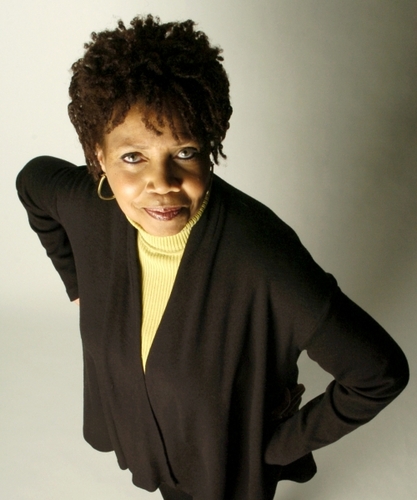Content warning: this piece contains general discussion of rape. I got a call from a reporter from Mother Jones the other day, her voice nervous. She was one of the many journalists who called the sex worker health clinic I work at, St. James Infirmary, looking for comments about the public sexual assault accusations made… Continue reading What Media Coverage of James Deen’s Assaults Means For Sex Workers
Category: News
When Feminism Is A Brand
This piece was originally posted by the author on Medium. Content warning: the links in this post lead to articles detailing the rape and sexual assault of sex workers. We need to talk about the ever increasing number of men like James Deen who utilize feminism as a marketable identity to cover up their abusive… Continue reading When Feminism Is A Brand
Charlie Sheen Is No Poster Boy
In his Today Show interview revealing his HIV diagnosis, well known actor Charlie Sheen insisted that he no longer feels the stigma associated with HIV. In a predictably hypocritical manner, he made this proclamation mere minutes after he perpetuated the stigmatization of sex workers—interviewer Matt Lauer quoted the open letter he’d posted to his fans… Continue reading Charlie Sheen Is No Poster Boy
Social Media, Zola, and the Sex Worker Horror Story
By now, you’ve probably heard the story of Zola and her fabled strip trip to Florida with her new friend, Jess. If you haven’t, the story was told in a series of dramatic tweets by Zola, AKA twitter user _zolarmoon. In it, she spins a story that’s so intense and absurd that it’s hard to believe.… Continue reading Social Media, Zola, and the Sex Worker Horror Story
Shoplifting Safety: How Civilians Deny The Consent of Sex Workers
Content warning: this piece contains discussion of sexual violence. You may have read the recent editorial in the Chicago Sun-Times, an opinion piece in which Mary Mitchell argues that sex workers who are raped by a client are making a mockery of “real” rape survivors by even considering what happened to them to be sexual assault.… Continue reading Shoplifting Safety: How Civilians Deny The Consent of Sex Workers




